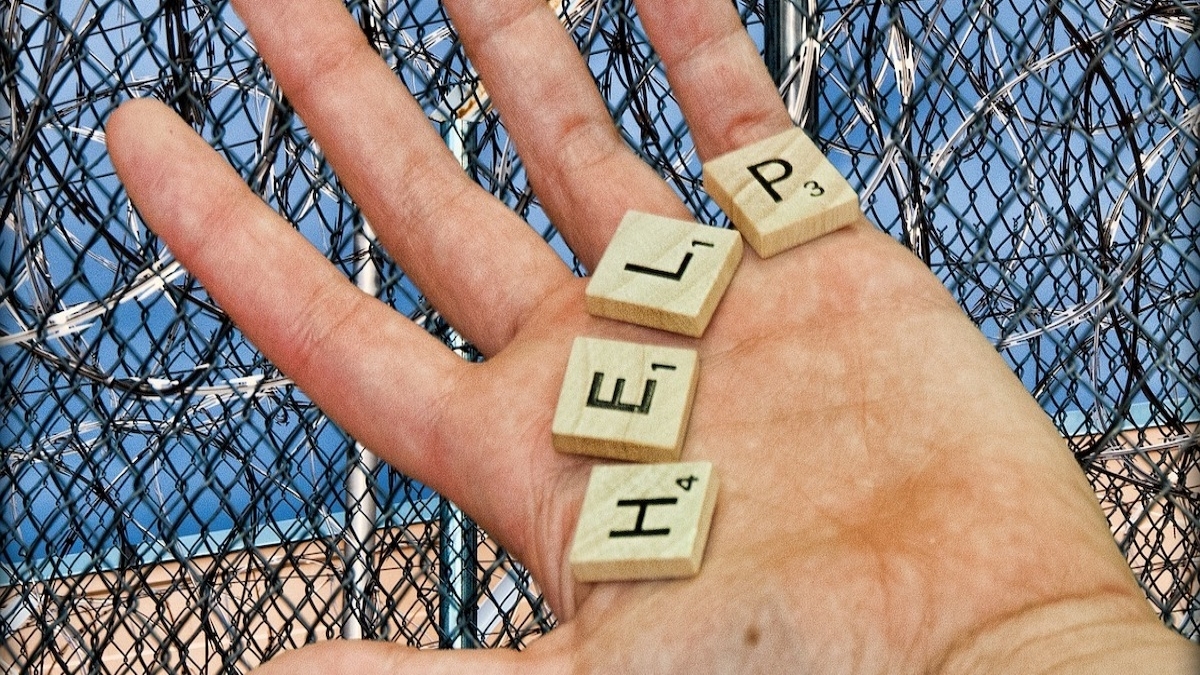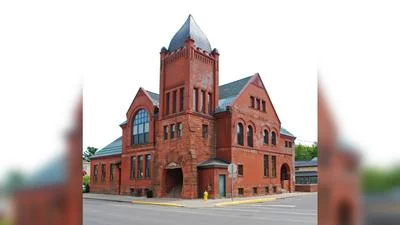Things like smoking pot, disobeying parents or skipping online school can land a minor in a juvenile detention facility. | Pixabay
Things like smoking pot, disobeying parents or skipping online school can land a minor in a juvenile detention facility. | Pixabay
The state of Michigan imprisons children for infractions like skipping school, defiance of parents and other noncriminal actions, despite the COVID-19 crisis, according to a report by Bridge Michigan.
Public records indicate that Michigan judges have sent children to secured detention centers for many noncriminal actions like refusing to take medicines or failing to attend online learning classes. Children are also being incarcerated for testing positive for marijuana use. Some are even incarcerated for disobeying their parents.
Even though reports show that other states have been moving toward criminal reforms by concentrating on keeping nonviolent juveniles in the community, Michigan insists on doing the opposite for minor offenses. The transgressions that most of these children are committing aren’t actually crimes. Examples of the offenses are technical violations of their probation or status offenses like skipping school or staying out past set curfews.
An example of this happened last summer, according to ProPublica. The case of "Grace" (her middle name) prompted national outrage. A 15-year-old from the suburbs of Detroit was detained for violating her probation. She had already been on probation for theft and assault when she was also charged for neglecting to do her online schoolwork.
Officials in Michigan say the state has been overreacting in these juvenile cases.
“Michigan is completely out of line with the rest of the country,” Joshua Rovner, a senior advocacy associate at The Sentencing Project, told Bridge Michigan. “That is a policy choice. The whole point of Grace’s story is not that this just happened to Grace. There are hundreds of kids every year who are put in these facilities.”
Michigan Supreme Court Justice Elizabeth Clement said that people, even children, need to be held responsible for their actions.
“If it’s not a priority from the top down, you’re going to have the status quo," Clement told Bridge Michigan. "It’ll be easy for everyone involved to say, ‘Well, no one is going to hold anybody accountable.’”
A Michigan University professor says that too many juveniles are currently in detention in Michigan
“Much of the world has moved on, but much of our system remains stuck in the mentality that has really gone by the wayside, that no academic, that no policymaker really still believes in,” said Frank Vandervort, a professor who teaches and supervises at the University of Michigan Law School’s Juvenile Justice Clinic, according to Bridge Michigan. “We have too many kids in placement. We do not have enough community-based resources. In many ways, we are two or three decades behind what is thought of in contemporary times as best practice in juvenile justice.”



 Alerts Sign-up
Alerts Sign-up